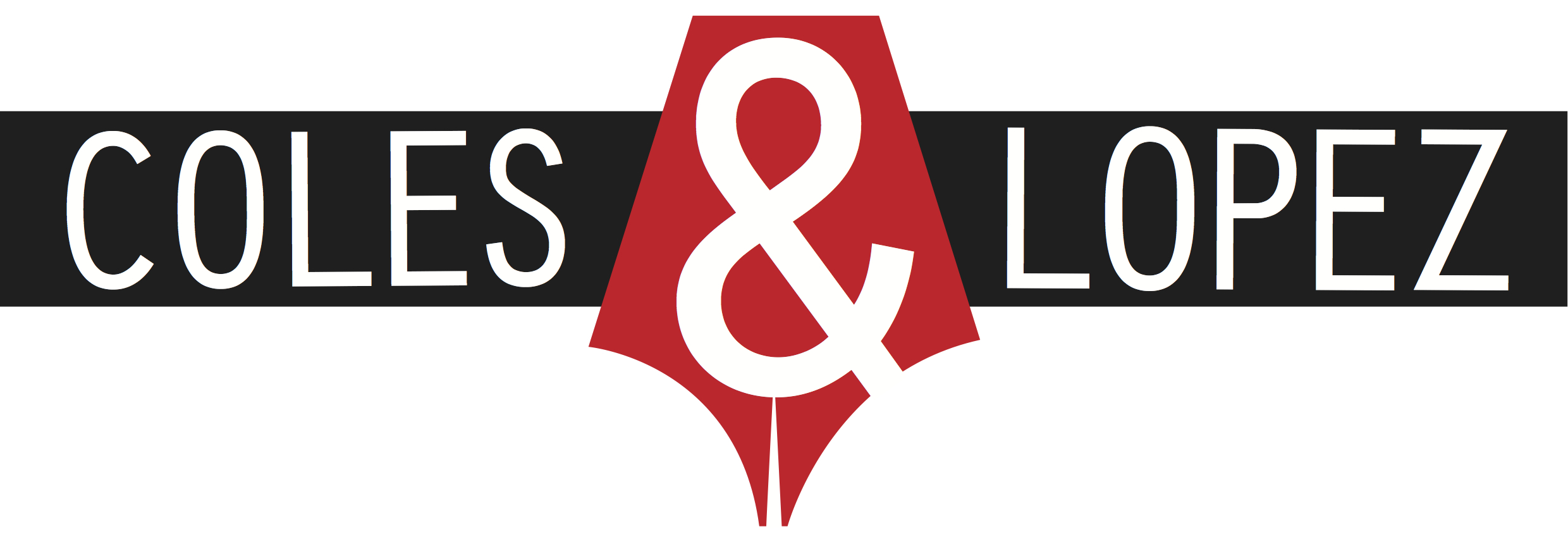Mind your c’s and s’s
First, a warning: this week’s blog post is only for speakers of British English. If you’re American, none of what I’m about to say applies to you. (More on that below.*)
Now, my fellow British subjects, let’s get down to business. In our needlessly complicated tongue, “practice” and “licence” are nouns, while “practise” and “license” are verbs:
Dr Quinn has a licence to practise medicine. Although a Boston medical board originally licensed her, her practice is in Colorado Springs, Colorado.
Dr Quinn: Licence to Practise.
Usually, it’s pretty simple to tell which is which. Nouns are things: the licence Dr Quinn holds and the medical practice she runs. Verbs are actions: to license a doctor and to practise medicine. Sometimes, though, it’s not immediately obvious which is which. See if you can choose the correct words in the sentences below:
Dr Quinn is a [licenced/licensed] physician.
In theory, this means she can treat the people of Colorado Springs, but in [practice/practise], it’s not so simple.
Some of them aren’t comfortable with the idea of a [practicing/practising] physician who is also a woman.
Since moving to Colorado Springs, she’s had to [practice/practise] patience – and she’s certainly getting a lot of [practice/practise]!
In examples 1. and 3., it's hard to tell whether the words in question are nouns or verbs, because they aren't really behaving like either. They actually seem more like adjectives, describing the word that follows them. In fact, they're participles – a verb form that functions like an adjective. Since they're a verb form, they use the verb spelling, with an s instead of a c: “licensed” physician and “practising” physician. In British English, “licensed”, “practised”, “licensing” and “practising” should always be spelt with an s. If your spellcheck tells you differently, it's set to American spelling.
Examples 2. and 4. illustrate how fine the line between noun and verb sometimes seems. When we say “in practice”, “practice” is a noun, spelt with a c. We're describing not an action but a thing: the practice that takes place. Then, in example 4., we use a verb to describe an action (“to practise patience”) and then a noun to describe a thing (the “practice” Dr Quinn is getting).
In a nutshell
In British English, “licence” and “practice” are nouns (things); “license” and “practise” are verbs (actions). The variants “licensed”, “practised”, “licensing” and “practising” should always be spelt with an s, not a c, because they are verb forms.
*In American English, “practice” (and “practiced”, “practicing”, “practices”) always has a c, and “license” (and all its variants) always has an s.

